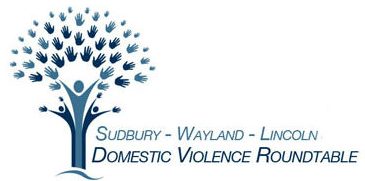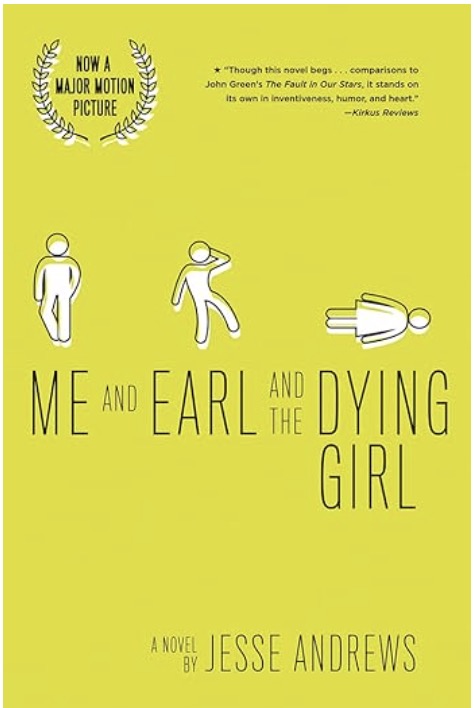Managing Wayland’s Finances
By Wayland Finance Committee
As recently as 2006, Wayland’s free cash levels dropped to dangerously low levels—about 2 percent—in part because we used large amounts of free cash to help pay for our operating budgets several years in a row to avoid raising taxes beyond the 2 1/2% allowed under Proposition 2 1/2. This was not a good long-term strategic plan.
- Maintain current service levels.
- Continue to plan for no operating overrides through FY2015 or later.
- Reduce free cash levels steadily until we meet our 5 -10% target.
- Reduce the FY2012 tax rate to provide immediate tax relief. The Finance Committee is supportive of immediate tax relief in FY2012 that takes into account the impact on Town services and future tax increases.
- Tighten future revenue estimates. We implemented tighter revenue budgets that will track actual revenues more closely, thereby reducing that source of free cash generation.
- Minimize expense budget increases. Expense turn backs reflect good cost control by departments, and although it is difficult to estimate employee turnover, utility costs, and many other variables, we are implementing processes to more accurately forecast these amounts. For at least the seventh consecutive year, we have already given guidance to Town departments to continue flat or decreased non-personnel budgets or to provide a detailed and compelling case as to why an increase is needed.
- Continue to use free cash to minimize increases in the tax rate beyond the amount allowed under Proposition 2 ½. For future years, we plan to avoid large swings in the tax rate in any particular year through measured and targeted use of free cash.
- Closely monitor build-ups in reserve accounts and discourage boards from accumulating excesses. We expect to achieve this goal through improved and more frequent financial reporting as has already been planned as a result of The Abrahams Group review and the Operational Review Committee’s recommendations.










